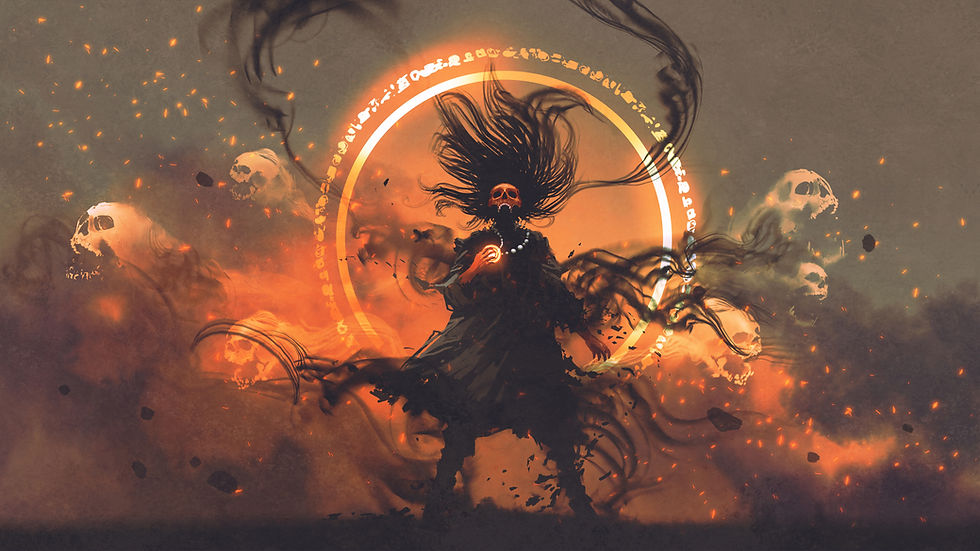Manifesting Miracles from the Inside Out
- Kimberly Ruggiero

- Feb 24, 2022
- 3 min read

"The state of interbeing is a vulnerable state. It is the vulnerability of the naive altruist, of the trusting lover, of the unguarded sharer. To enter it, one must leave behind the seeming shelter of a control-based life, protected by walls of cynicism, judgment, and blame."
--Charles Eisenstein, Author and Activist
This morning I heard an interview with residents along the border of eastern Ukraine's front line where shelling has escalated. Nervous parents have been telling their children that the sound of explosives are 'just thunder' as they try to stay calm and go about daily life.
It makes me wonder what it would take for all war to end. Could human beings collectively realize there is a more evolved way to deal with disagreements?
Martin Luther King Jr. said, "darkness cannot drive out darkness only light can do that and hate cannot drive out hate only love can do that." But at a time like this, light and love can feel like quaint, unrealistic concepts. How does a goldfish survive in a shark tank?
We've been exploring love this month. Specifically, the courage required to engage with the heart. It takes courage to see the conditioning of mind and the way it is wired to blame, defend, fight and take a hard position of right or wrong. Leaders whose beliefs are hard wired for hierarchy can only see winners and losers.
I don't think leaders are to blame, they are the result of the collective belief in the story of separation and the power structure of hierarchy.
In one of my favorite books, The More Beautiful World Our Hearts Know is Possible, Charles Eisenstein encourages a new story based on the realization of interbeing, or dependence of any one person or thing to all other people and things.
He writes, "We seek to move from the self of separation to the self of relationship that knows that everything outside is also inside...It cannot be another achievement of the separate self. Rather, it is a gift we can receive- and it is a gift we can pass on."
It could be that humans have been so conditioned to believe in every man for himself (or his immediate family or tribe) that we can't imagine abundance and a heart-centered world where there are not others because we are all one family in one household.
What would happen if soldiers suddenly realized the children on the other side might be their own and refused to harm them? Eisenstein writes, "We are not just a skin-encapsulated ego, a soul encased in flesh. We are each other and we are the world."
If it's true that we can't solve a problem by using the same kind of thinking we used when we created it, then shifting from the old dualistic mind (separation) to a new more flexible and non-dual mind (oneness) is our challenge.
Miracles cannot be forced or planned, but when we surrender our will and step out of old mind habits of separation something new is able to arise from the new consciousness.
"We have to create miracles. A miracle is not the intercession of an external divine agency in violation of the laws of physics. A miracle is simply something that is impossible from an old story but possible from within a new one. It is an expansion of what is possible." --Eisenstein







Comments